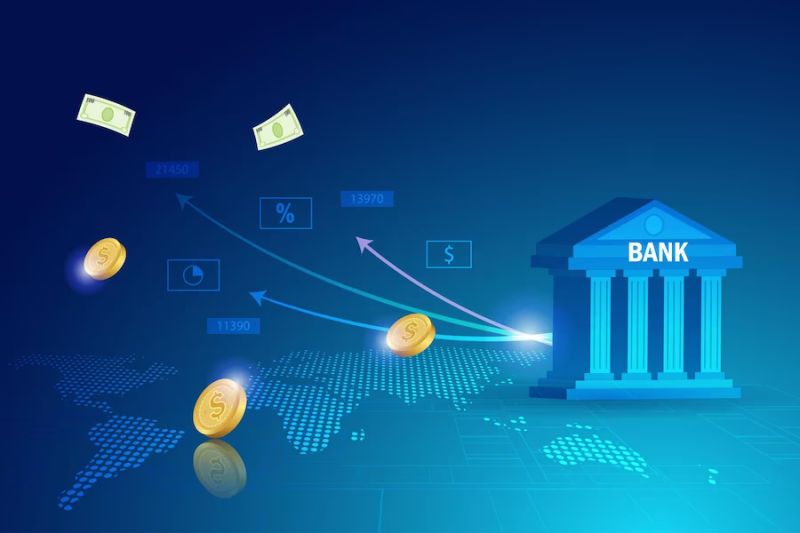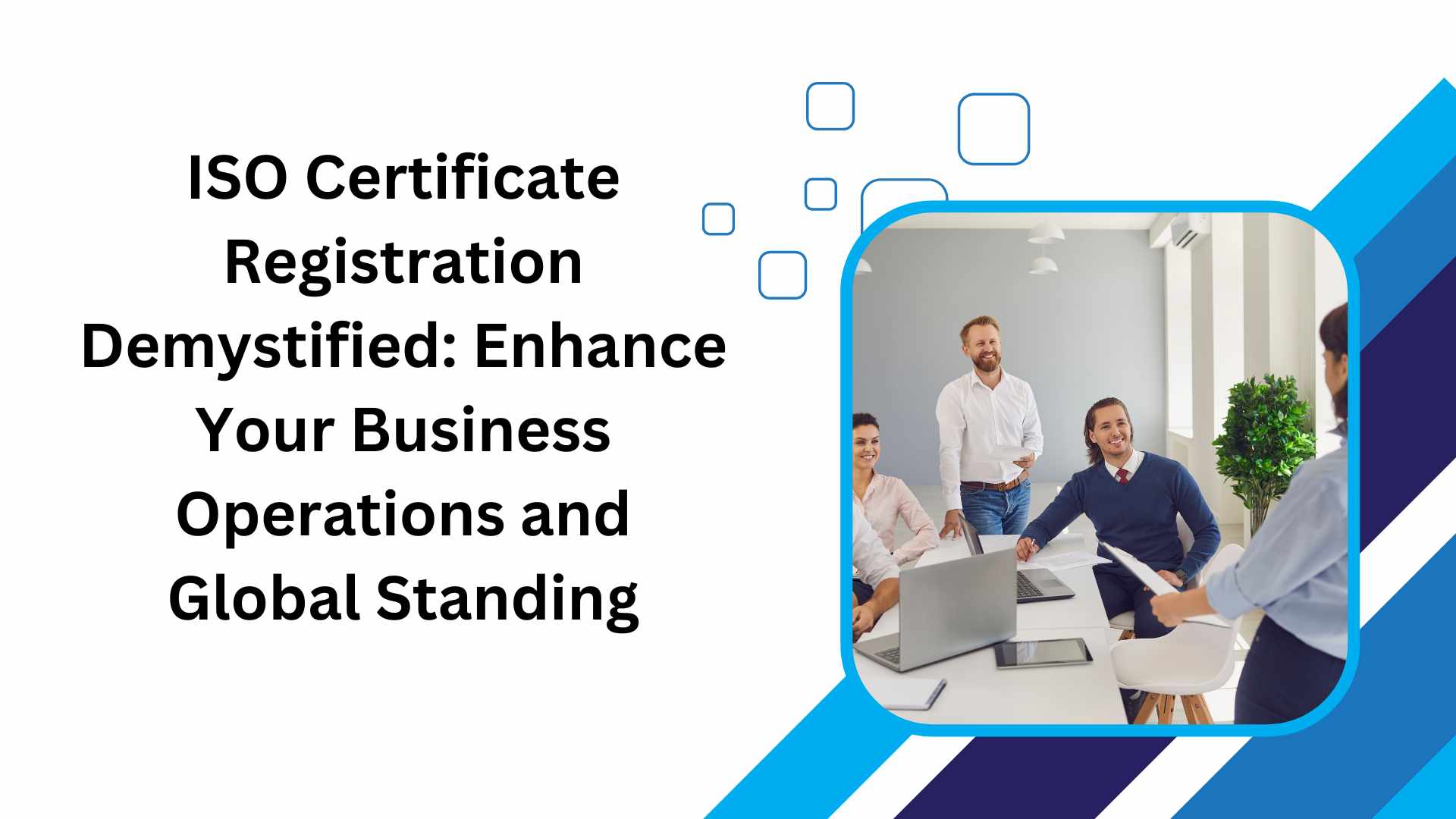-
Table of Contents
Tagline: “Unlock convenience and efficiency, but navigate with caution.”
Online banking has become increasingly popular in recent years, offering numerous benefits and conveniences for individuals and businesses alike. However, it is important to be aware of the potential risks associated with this digital platform. In this article, we will explore the benefits and risks of online banking, providing you with a comprehensive understanding of this modern banking method.
Advantages of Online Banking
Online banking has become increasingly popular in recent years, offering a convenient and efficient way for individuals to manage their finances. With just a few clicks, users can access their accounts, transfer funds, pay bills, and even apply for loans. The advantages of online banking are numerous, making it an attractive option for many people.
One of the key benefits of online banking is the convenience it provides. Gone are the days of having to visit a physical bank branch during limited operating hours. With online banking, users can access their accounts 24/7 from the comfort of their own homes or even on the go using their smartphones. This flexibility allows individuals to manage their finances at their own convenience, saving them time and effort.
In addition to convenience, online banking also offers enhanced accessibility. Traditional banking often requires individuals to physically visit a branch, which can be challenging for those with mobility issues or who live in remote areas. Online banking eliminates these barriers, allowing anyone with an internet connection to access their accounts and perform transactions. This inclusivity is particularly beneficial for individuals with disabilities or those living in rural communities.
Furthermore, online banking provides users with real-time access to their financial information. With just a few clicks, individuals can view their account balances, transaction history, and even download statements. This instant access to information allows users to stay on top of their finances and make informed decisions. It also eliminates the need for paper statements, reducing clutter and promoting environmental sustainability.
Another advantage of online banking is the ability to automate financial tasks. Users can set up recurring payments for bills, such as rent or utilities, ensuring they are always paid on time. This automation not only saves individuals from the hassle of remembering due dates but also helps avoid late payment fees. Additionally, online banking allows users to schedule future transfers, making it easier to save money or pay off debts systematically.
Despite the numerous advantages, it is important to acknowledge the potential risks associated with online banking. One of the main concerns is the security of personal and financial information. While banks employ various security measures, such as encryption and multi-factor authentication, there is always a risk of unauthorized access or data breaches. It is crucial for users to take precautions, such as using strong passwords, regularly updating their devices and software, and being cautious of phishing attempts.
Another risk of online banking is the potential for technical glitches or system failures. While rare, these issues can temporarily disrupt access to accounts or cause delays in transactions. It is important for users to be patient and contact their bank’s customer support if they encounter any problems. Additionally, it is advisable to have alternative means of accessing funds, such as a physical debit card or emergency cash, in case of unforeseen circumstances.
In conclusion, online banking offers numerous advantages that make it an appealing option for individuals seeking convenience, accessibility, and real-time financial information. The ability to automate tasks and manage finances from anywhere at any time is undeniably beneficial. However, it is important to be aware of the potential risks associated with online banking, such as security concerns and technical glitches. By taking necessary precautions and staying vigilant, individuals can enjoy the benefits of online banking while minimizing the associated risks.
Potential Risks of Online Banking
Online banking has become increasingly popular in recent years, offering convenience and accessibility to millions of people around the world. However, like any other technological advancement, it comes with its fair share of risks. In this section, we will explore some of the potential risks associated with online banking.
One of the most significant risks of online banking is the threat of cybercrime. With the increasing sophistication of hackers and cybercriminals, online banking platforms have become prime targets for their malicious activities. These criminals employ various techniques, such as phishing, malware, and identity theft, to gain unauthorized access to users’ accounts and personal information.
Phishing is a common method used by cybercriminals to trick unsuspecting users into revealing their login credentials or other sensitive information. They often send emails or messages that appear to be from legitimate financial institutions, asking users to click on a link and provide their personal details. Falling victim to such scams can lead to financial loss and identity theft.
Malware, another significant risk, refers to malicious software that can infect users’ devices and compromise their online banking security. Cybercriminals often distribute malware through infected websites, email attachments, or even fake mobile banking apps. Once installed, malware can record keystrokes, capture screenshots, and steal login credentials, putting users’ financial information at risk.
Identity theft is yet another potential risk of online banking. Cybercriminals can use stolen personal information to impersonate individuals and gain unauthorized access to their accounts. This can result in financial loss, damage to credit scores, and even legal troubles for the victims.
While banks and financial institutions invest heavily in security measures to protect their customers, there is always a possibility of data breaches. These breaches can occur due to vulnerabilities in the banking system or human error, allowing cybercriminals to gain access to sensitive customer data. In such cases, customers’ personal and financial information may be exposed, leading to potential fraud and financial loss.
Another risk associated with online banking is the possibility of technical glitches or system failures. While rare, these incidents can disrupt banking services, leaving customers unable to access their accounts or perform transactions. This can be particularly problematic in urgent situations where immediate access to funds is required.
Moreover, online banking also poses a risk of financial scams and fraudulent activities. Cybercriminals often create fake websites or mobile apps that mimic legitimate banking platforms to deceive users into providing their financial information. These scams can result in unauthorized transactions, loss of funds, and damage to users’ creditworthiness.
It is important to note that while these risks exist, they can be mitigated by taking certain precautions. Users should ensure that they have strong and unique passwords for their online banking accounts, regularly update their devices and software, and be cautious of suspicious emails or messages asking for personal information. Additionally, it is advisable to use secure and trusted networks when accessing online banking services and to monitor account activity regularly for any unauthorized transactions.
In conclusion, while online banking offers numerous benefits, it is not without its risks. Cybercrime, including phishing, malware, and identity theft, poses a significant threat to users’ financial security. Data breaches, technical glitches, and financial scams are also potential risks associated with online banking. However, by staying vigilant, adopting best security practices, and being aware of these risks, users can enjoy the convenience of online banking while minimizing the potential dangers.
Tips for Secure Online Banking
Online banking has become increasingly popular in recent years, offering convenience and accessibility to millions of people around the world. With just a few clicks, you can check your account balance, transfer funds, and pay bills from the comfort of your own home. However, like any other online activity, there are both benefits and risks associated with online banking. In this article, we will explore the advantages and disadvantages of online banking, as well as provide some tips for secure online banking.
One of the biggest benefits of online banking is the convenience it offers. Gone are the days of having to visit a physical bank branch during limited operating hours. With online banking, you can access your accounts 24/7, allowing you to manage your finances at any time that suits you. This flexibility is particularly useful for those with busy schedules or who live in remote areas where physical bank branches may be scarce.
Another advantage of online banking is the ability to easily track your transactions. With online banking, you can view your account activity in real-time, making it easier to keep an eye on your spending and identify any unauthorized transactions. This level of transparency can help you stay on top of your finances and detect any potential issues before they become major problems.
Online banking also offers a wide range of services that can save you time and money. For example, you can set up automatic bill payments, eliminating the need to write and mail checks or visit multiple websites to pay your bills. Additionally, online banking allows you to easily transfer funds between accounts, making it simple to move money between your checking and savings accounts or send money to friends and family.
However, along with these benefits, there are also risks associated with online banking. One of the main concerns is the potential for security breaches and identity theft. Hackers are constantly finding new ways to gain unauthorized access to personal information, and online banking provides them with a potential goldmine of data. It is crucial to take steps to protect your online banking information, such as using strong, unique passwords and regularly monitoring your accounts for any suspicious activity.
Phishing scams are another risk to be aware of when it comes to online banking. These scams involve fraudsters posing as legitimate financial institutions and attempting to trick you into revealing your personal information, such as your login credentials or credit card details. It is important to be vigilant and never click on suspicious links or provide personal information unless you are certain of the source.
To ensure secure online banking, there are several tips you can follow. First and foremost, always use a secure internet connection when accessing your online banking accounts. Avoid using public Wi-Fi networks, as they are often unsecured and can make it easier for hackers to intercept your data. Additionally, regularly update your devices and software to protect against any known vulnerabilities.
Furthermore, it is essential to regularly monitor your accounts for any unusual activity. Set up alerts for transactions over a certain amount or any changes to your account information. By staying vigilant and promptly reporting any suspicious activity to your bank, you can minimize the potential damage caused by fraudulent activity.
In conclusion, online banking offers numerous benefits, including convenience, transparency, and time-saving features. However, it is important to be aware of the risks associated with online banking, such as security breaches and phishing scams. By following the tips for secure online banking outlined in this article, you can enjoy the advantages of online banking while minimizing the potential risks. Stay informed, stay vigilant, and enjoy the convenience of managing your finances from the comfort of your own home.In conclusion, online banking offers numerous benefits such as convenience, accessibility, and cost-effectiveness. It allows users to manage their finances anytime and anywhere, reducing the need for physical visits to banks. Additionally, online banking services often come with lower fees and higher interest rates compared to traditional banking. However, there are also risks associated with online banking, including the potential for fraud, identity theft, and cyber attacks. It is crucial for users to take necessary precautions such as using strong passwords, regularly monitoring their accounts, and being cautious of phishing attempts. Overall, while online banking provides significant advantages, users should remain vigilant and adopt security measures to mitigate potential risks.




